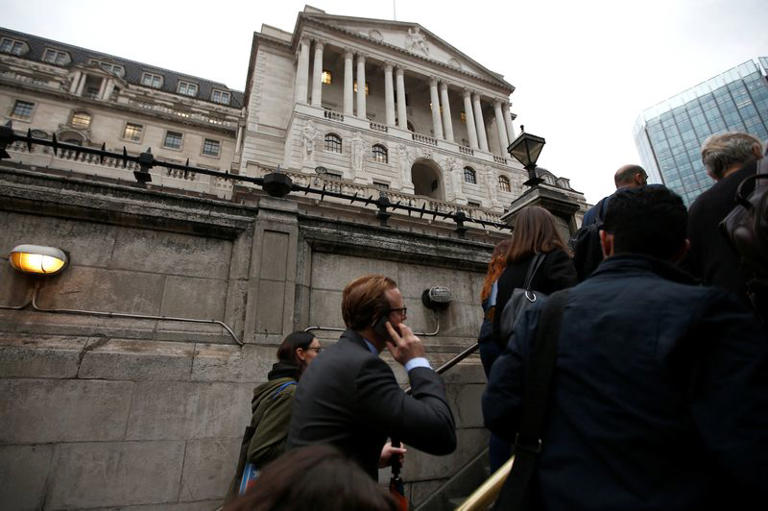In May, average starting pay for jobs in the UK saw a robust increase, according to data from hiring platform Indeed, marking the fastest growth in four months. Despite a significant 20% drop in the number of job openings compared to the previous year, advertised starting pay rose by 6.5% from the same period last year. This increase outpaced the 6.0% rise reported in official wage data for the three months ending in April, which was the smallest increase since September 2022, yet still well above the Bank of England’s threshold for low inflation.
The Bank of England’s cautious stance on interest rates, despite headline inflation reaching its 2% target last month, reflects ongoing uncertainty about whether the pace of wage growth is slowing. Past experiences with high inflation rates have tempered the immediate economic impact of rising wages, presenting a challenging economic landscape for Prime Minister Rishi Sunak ahead of upcoming elections.
Economists are particularly concerned about the significant number of individuals who have exited the British job market since the onset of the COVID-19 pandemic. This trend may potentially exacerbate inflationary pressures in the long term, despite the immediate wage increases observed. However, while the Indeed data shows a 20% reduction in job vacancies over the past year, the number of unfilled positions remains just 0.9% below pre-pandemic levels. This suggests that labour market tightness persists, particularly in sectors experiencing sustained demand.
Jack Kennedy, senior economist at Indeed, highlighted that the UK labour market continues to adapt, remaining competitive for employers across various sectors. Notably, industries traditionally associated with lower wages, such as childcare, cleaning, security, retail, and hospitality, experienced the largest pay rises. These sectors benefitted from the nearly 10% increase in the minimum wage introduced in April, which aimed to alleviate financial pressures on low-wage workers amidst economic uncertainties.
Furthermore, external factors such as the ongoing pandemic and post-Brexit changes to immigration policies have compounded hiring challenges, particularly for roles requiring lower skill levels. Industries facing the most acute labour shortages, as evidenced by extended job advertisement durations, include veterinary services, engineering, aviation, and software development.
In summary, while the rise in starting pay represents a positive development for workers, its broader economic implications underscore the complexities of the UK labour market. Potential inflationary pressures and political ramifications highlight the delicate balancing act facing policymakers and businesses alike as they navigate post-pandemic recovery efforts and labour market dynamics.
